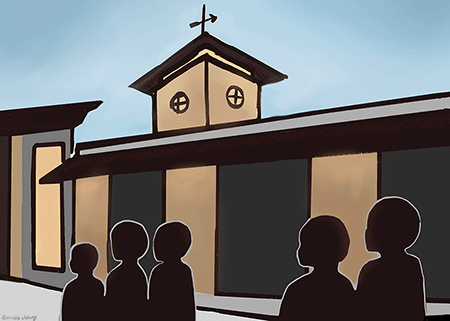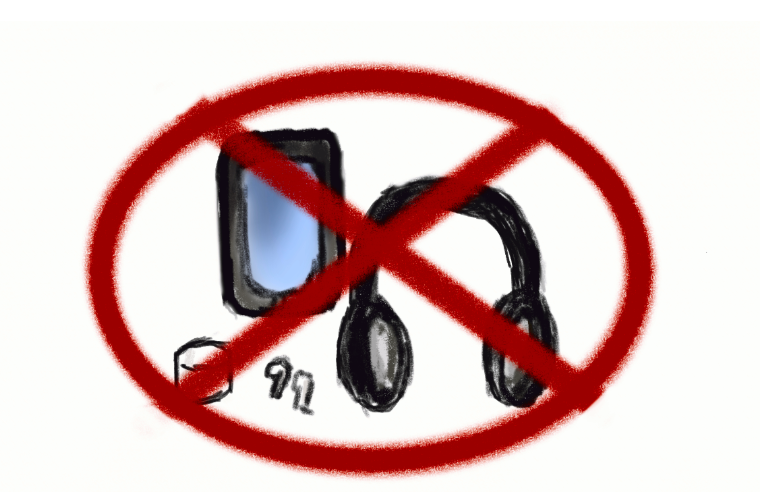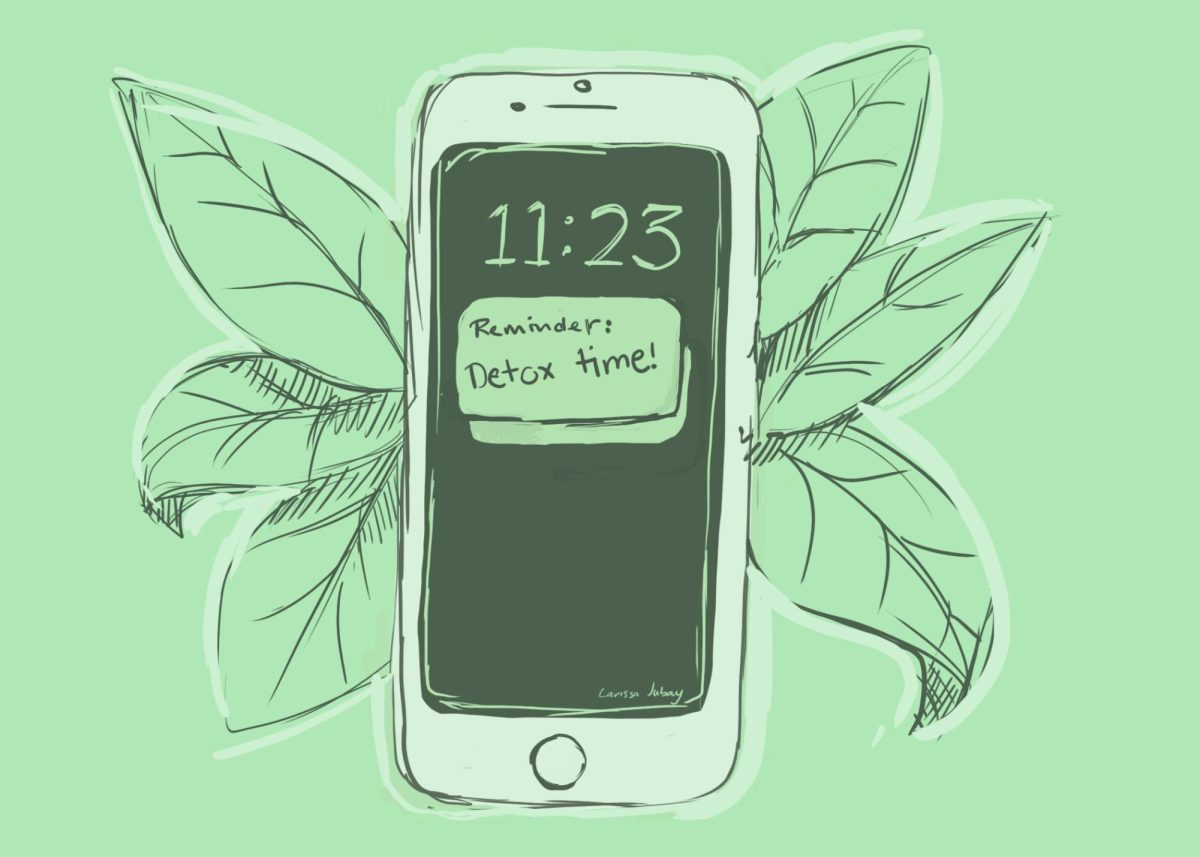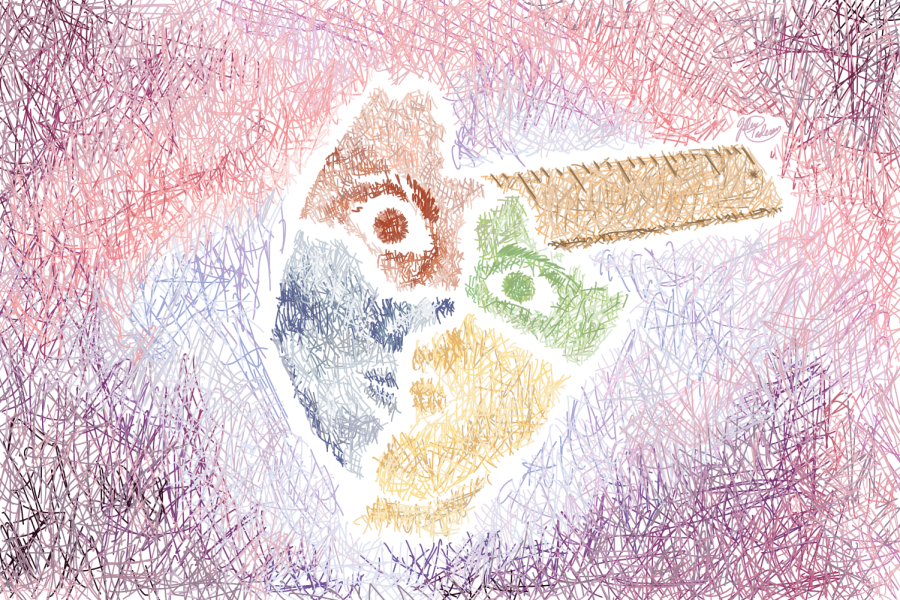Dr. Abhinav Singh says, “Sleep deprivation is a high-interest loan with steep payments in the form of health consequences.” This means that every time you get less than the recommended amount of sleep, your health declines. Sadly, teenagers are the main group suffering from sleep deprivation, and this can be dangerous. A lack of sleep in teenage students is a bigger problem than most people, specifically teachers realize. Sleep deprivation can cause substantial harm, physically, mentally, and to a student’s GPA. I believe that teachers should be supporting students and, therefore, decreasing the amount of homework assigned to then increase the amount of sleep their students get.
Sleep deprivation can be both physically and psychologically harmful. When humans don’t get enough sleep, their brains can’t function properly. Studies have shown that many car accidents are associated with a lack of sleep. Teenagers are not the most experienced drivers in the first place. When you add the variable of sleepiness and, therefore, slower functioning brains, you have a serious problem that needs a solution.
In most cases, sleep deprivation is derived from academic pressures and can then affect a student’s academic performance. If a teen feels pressure from a parent or counselor and has to decide between good grades and a few more hours of sleep, most likely they are going to sacrifice their sleep. What are a few hours of sleep? According to Stanford Medicine News Center, at age 16 Chloe Mauvais experienced a panic attack caused by accumulated stress pushing her to her limit. She was overloaded with anxiety about all the responsibilities specifically related to school. While she used to have a good sleep routine, schoolwork started to take over. She began staying up later and later researching, writing, and studying. What was her other option? Sleep deprivation, therefore, affects a student’s academic performance and GPA, giving them fewer opportunities and options for college. Spending hours on homework in addition to extracurriculars and other commitments can become extreme.
Some people might argue that it’s the teen’s fault for staying up late and that they do so to stare at screens and play games. Except it isn’t and shouldn’t be. In reality, many teens have screen time limits set by their parents. Kids shouldn’t be blamed for this; because they’re minors, their parents should be checking on them to make sure their sleep isn’t affected. This can directly relate to their health both mentally and physically, making it a bigger issue than it seems, and that should be their parents’ concern.
However, sleep deprivation and the negative effects that follow can be corrected and improved; here’s how. The main cause leading to sleep deprivation is the unrestrictive and excessive amount of work teachers assign to students. Tirelessly staying up every night to ensure assignments get completed is an easy way to get well under the recommended amount of sleep. When a teen’s sleep goes, so does everything else productive and enjoyable in that student’s life.
Sources
“Among Teens, Sleep Deprivation an Epidemic.” News Center, 8 Oct. 2015, med.stanford.edu/news/all-news/2015/10/among-teens-sleep-deprivation-an-epidemic.html.
Carroll, Aaron E. “Schools Are Slow to Learn That Sleep Deprivation Hits Teenagers Hardest.” The New York Times, 28 Mar. 2016, www.nytimes.com/2016/03/29/upshot/schools-are-slow-to-learn-that-sleep-deprivation-hits-teenagers-hardest.html?searchResultPosition=2.
Summer, Jay, and Singh, Dr. Abhinav. “Sleep Deprivation: Symptoms, Treatment, & Effects.” Sleep Foundation, 12 Mar. 2024, www.sleepfoundation.org/sleep-deprivation.
Teens Are Facing a Sleep Deprivation Epidemic. Here’s Why. – Document – Gale in Context: Opposing Viewpoints.












